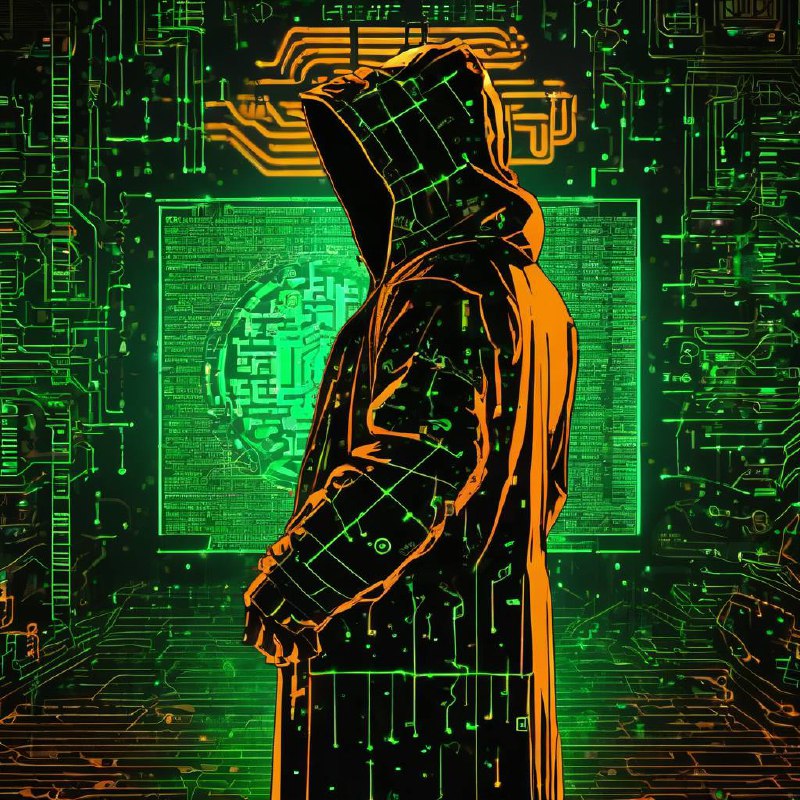
Remember when I talked about the price of $XMR as a potential tool for attacking #Monero? Do you remember when I said back then that attacks against Monero would increase precisely because of its price and appearance on the radar? He explained the theft scheme and the method used to exchange the stolen cryptocurrencies for Monero. Of course, it's a currency used by criminals 😏 Hacks/Exploits ->ETH/BTC -> Hyperliquid/HyperEVM (to fragment and move funds) -> Bridges/Instant Swappers -> XMR (Monero). ZachXBT made a statement about the price of Monero. Then, ZachXBT said he had received a donation from Hyperliquid, which he announced on his Telegram channel. This correlation makes me think. I am not accusing ZachXBT or Hyperliquid. Just that, think. 1. https://binance.com/en/square/post/27975322962089 2. ZachXBT Helps US Government Recover $20 Million, Raises Pay Concerns https://beincrypto.com/zachxbt-aided-20-million-recovery-for-us-governement/ Who will hire your services sooner or later, openly or covertly, if you are a great forensic analyst in the blockchain industry and work as a freelancer? ⚠️Spoiler: Governments and banks. I am not making any specific accusations. I am just seeing signs, staying alert, and not buying everything that looks good: not all that glitters is gold. The essence of critical thinking is skepticism and questioning; even what was once good may not be so later on.










